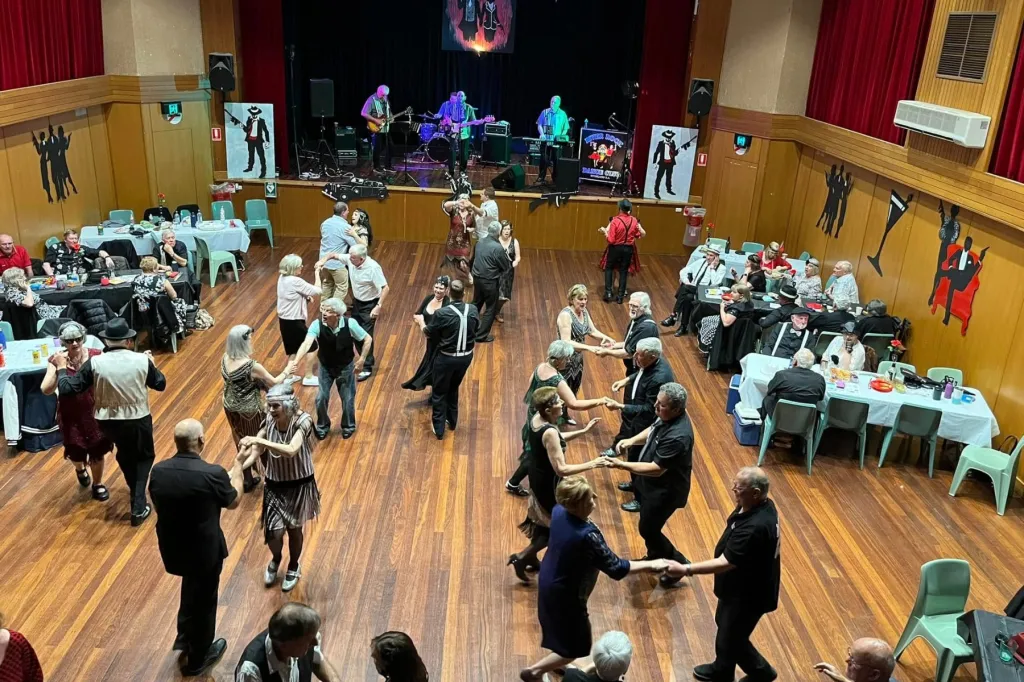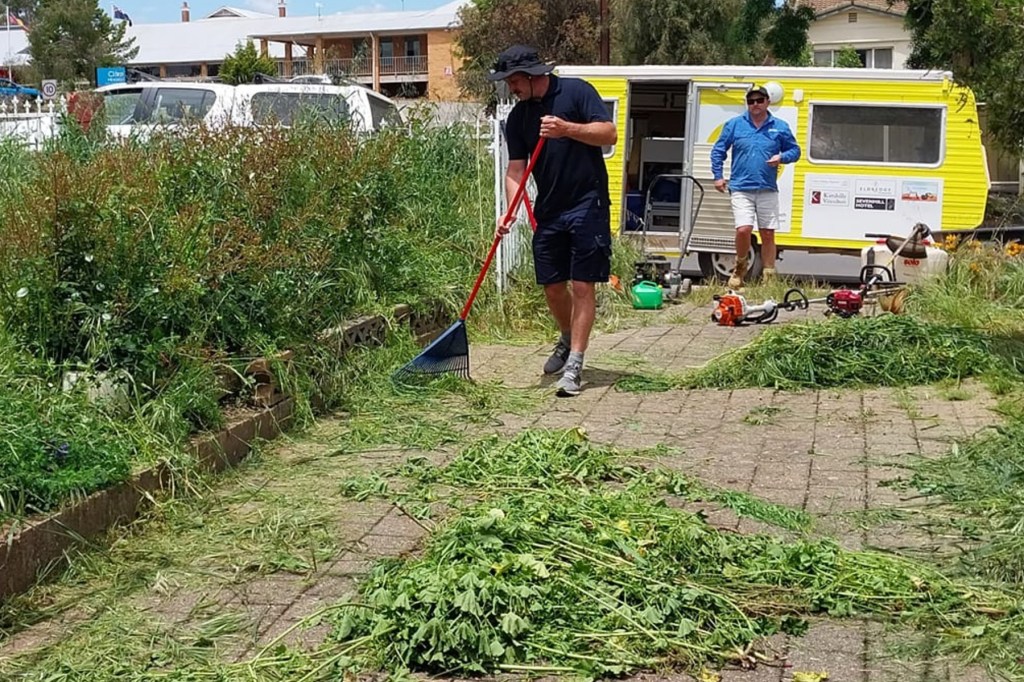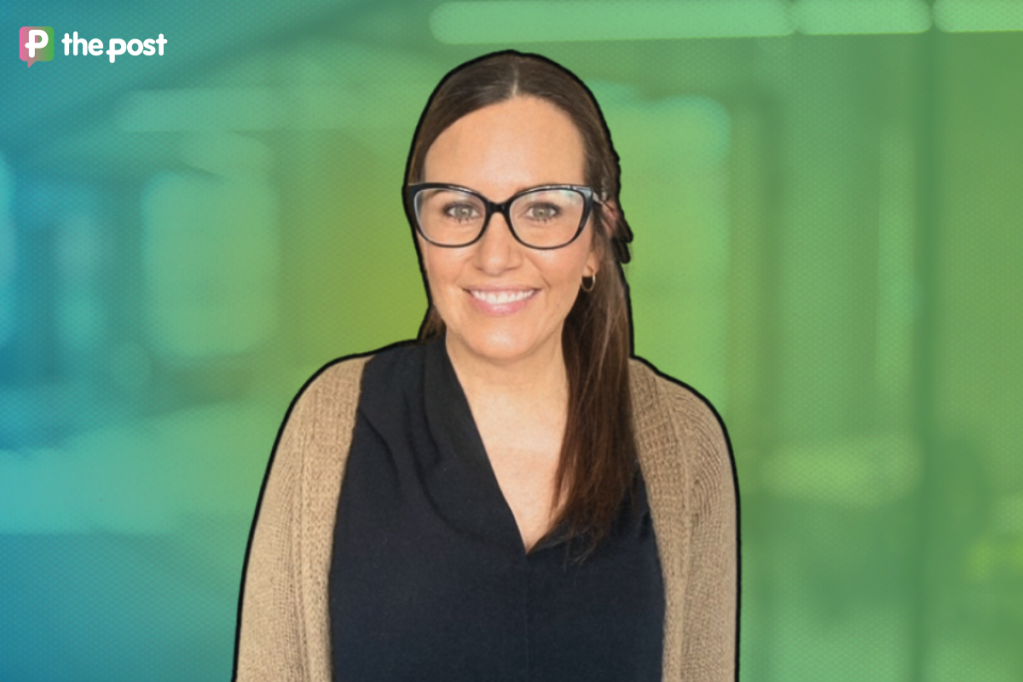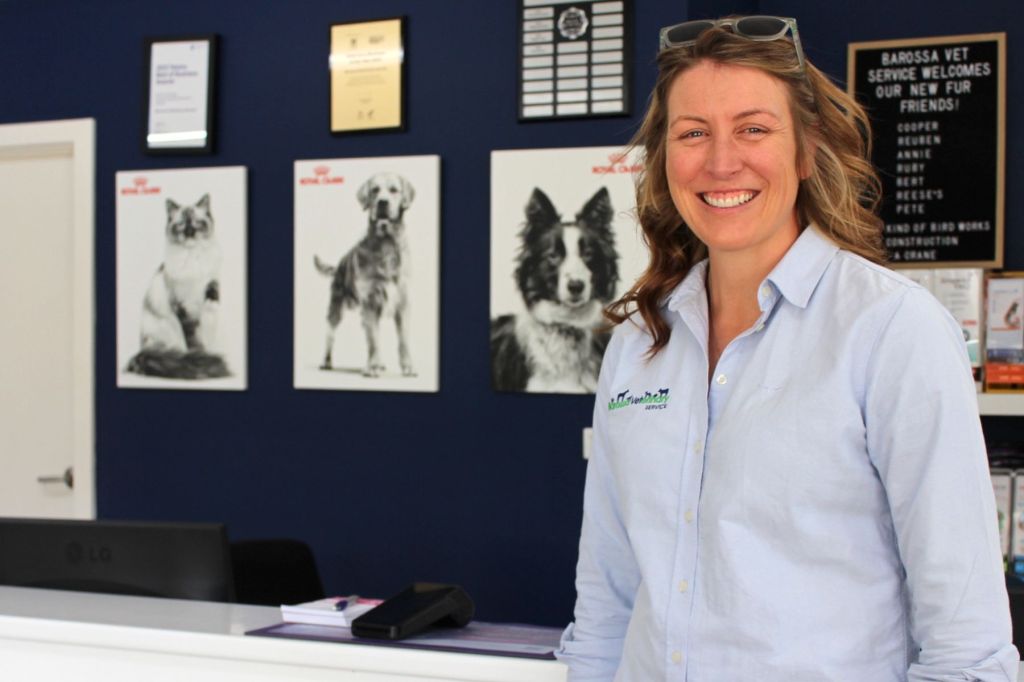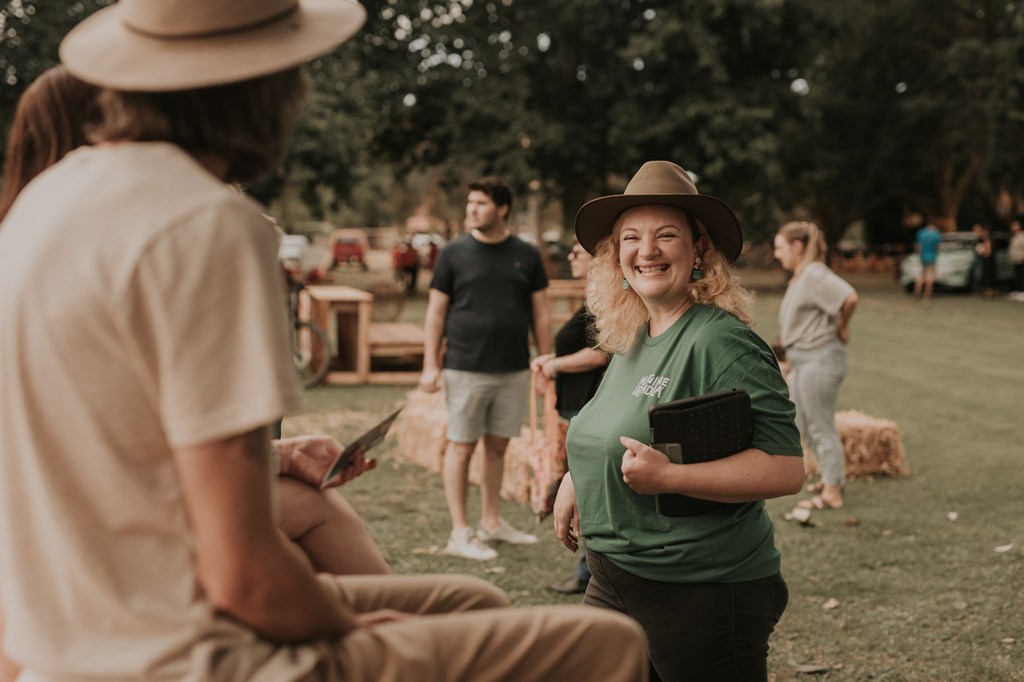Crushing it through research and innovation
China’s tariffs were a cruel blow for the Australian wine industry, but they may have had a silver lining, says Adelaide Business School’s Rebecca Dolan.

Later this month, China is expected to announce that it will lift import tariffs on Australian wines, which have effectively cut off trade with our largest wine export market since November 2020.
Adelaide Business School Associate Professor of Wine Business & Marketing Rebecca Dolan has been researching innovations within the wine industry and said the challenges presented by China’s tariffs may have accelerated some of them.
“These challenges paved the way for people to be more innovative, maybe try a different market or try a different strategy … and explore things like producing NOLO (no alcohol and low alcohol) wines,” said Dolan, who is a judge for this year’s 40 Under 40 Awards.
The NOLO category has experienced exponential growth in recent years, with Australia accounting for around 5 per cent of the global market share.
Since mid-2023, winemakers have been able to trial their NOLO winemaking at the University of Adelaide and Australian Wine Research Institute’s facility at the Waite campus.
Dolan believes the NOLO category will be popular in China but said, once tariffs are lifted, the priority is more likely to be the already familiar, high-quality, premium, flagship wines rather than “something really innovative and trendy”.
Within her faculty’s wine business group, NOLO, alternative packaging and sustainability are all a focus.
“What’s really interesting to me is understanding how consumer preferences are changing now in the wine industry and learning the different perspectives,” she said.
“When you talk to people from the public health area, they’re obviously very concerned about alcohol consumption [while] someone from marketing wants to get more people into wine.”
Alternative packaging is an area of innovation that delivers multiple benefits to consumers and, Dolan said, the days of low quality ‘goon bags’ are over with wine in a can or pouches now being produced by wineries like Turkey Flat.
“There’s a sustainability angle to it because glass is obviously very heavy for transport,” Dolan said.
“But also, it’s a convenience thing. With cans, it’s one drink, so for some people it’s a way to control their consumption more easily.”
However, she would not want to see a premium Australian wine break tradition and swap out a “beautiful glass bottle” for a can.
“But I think there’s opportunities to do things a bit differently to what has been done before.”
40 Under 40 innovation
Among many of her students, Dolan said, being purpose driven is a key part of their identities and drives their definitions of success.
“Young students who study marketing … don’t want to learn only how to be a salesperson, or how can I sell more chocolate … they want to work for a (social enterprise like) Thankyou or a purpose driven brand,” Dolan said.
Adelaide Business School is sponsoring the Game Changer Award in the 40 Under 40 Awards, and Dolan is hoping to spotlight a new group of role models for her students – ones who share their values and are also “brilliant business people and inspiring leaders”.
Stay informed, daily
40 Under 40 helps to bring attention to a new, younger generation of entrepreneurs and business leaders in the state. Previous winners have included George Georgiadis of Never Never Distilling Co. and Brendan Carter of Team Unico.
Dolan said Adelaide is a good place for thinking outside the box. She pointed to The University of Adelaide’s upcoming merger as an example of a game changer that offered a “clean slate and fresh start” for the boldest ideas and new research.
“And within the wine industry, we’re seeing lots of younger winemakers or wine businesses that are rewriting the rules and trying to do things differently.”
The growth of private label wines in supermarket-owned bottle shops has been in the news lately. Dolan said cellar doors were helping wineries to push back against the competition.
“A lot of the smaller wineries are creating amazing experiences at the cellar door … events, music and places you can take your kids for a picnic,” she said.
Creating memorable experiences, she said, helped to increase mental availability or brand recognition at the point of sale, so that wineries were not competing “cold” at the shelf.
There has also been a move away from full-bodied wines and traditional grape varieties to innovative wines and varietals that show more resilience to climate change.
“Thinking outside the box is not relying on or assuming that what we’ve always done will keep working,” Dolan said.
“We’ve got so many young winemakers now who are willing to take those risks, and they do really cool, fun things.”
But with regard to selling into our once-biggest market, Dolan advocated a slower, traditional approach after China’s tariffs are lifted.
“Those with an existing relationship with a distributor or importer, will be able to get back into the market pretty quickly,” she said.
“The others will have to rebuild our image and build relationships – go over there, attend the wine fairs, shake hands, negotiate with retailers.
“You have to be there to understand and have a strategy.
“I don’t think anyone needs to be in a huge rush; we should just do it properly and carefully.”
Nominations for the 40 Under 40 Awards close Sunday, 24 March 2024.

